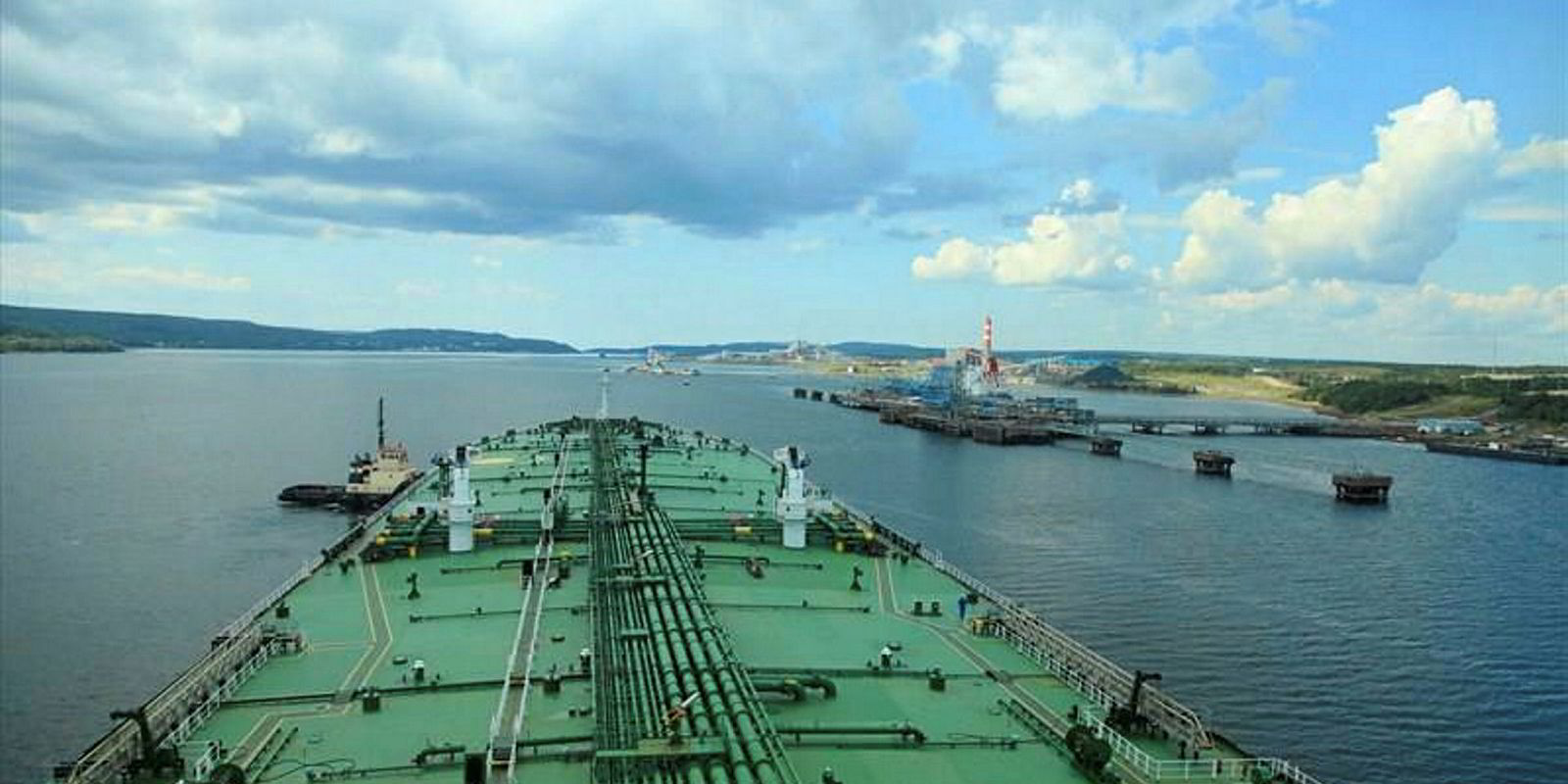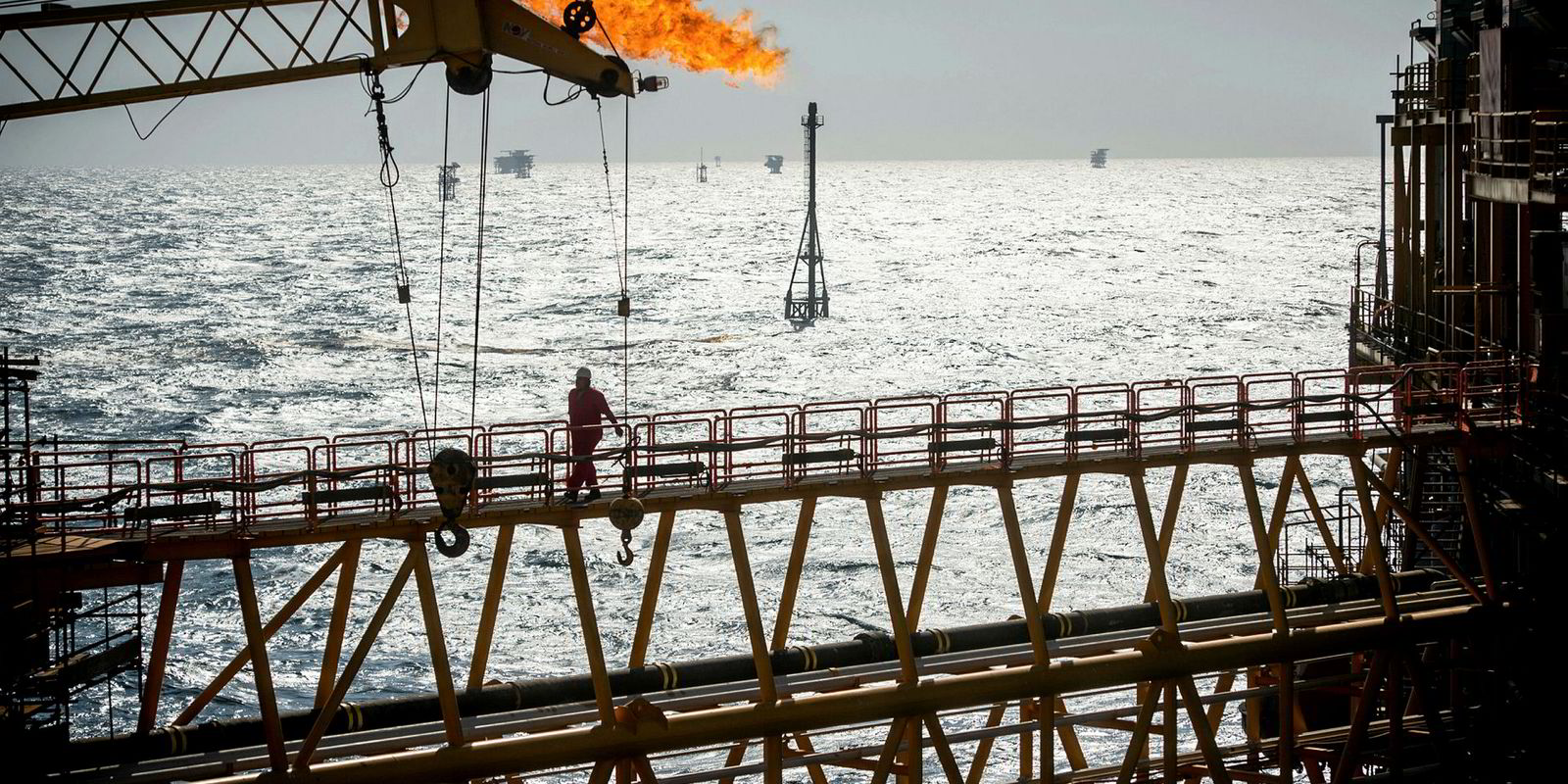Futurists predict that the role of ships will change amid continued digitalisation. Rather than being central to value creation via freight and asset plays, they are becoming an enabler of additional revenue streams.
A study of future trends led by Danish Ship Finance concluded that shipowners do not have an exclusive runway in the race to create value; it is the “digital native” firms that are shaping the modern industry.
Sounds overly abstract? The emergence of Kpler might demonstrate how the theory works in practice.
Founded by French engineers-turned-traders Francois Cazor and Jean Maynier in 2014, Kpler leverages maritime data to track global seaborne flows of commodities. Before its fifth anniversary, the business’ annual revenue exceeds $10m and it has more than 100 employees in Houston, Paris, Singapore, New York, London and Dubai.
Cazor, who worked as a fixed-income trader with HSBC in the 2000s, tells TW+ the pair established Kpler after sensing an information gap in the commodity market. Based on his personal experience, market information was everywhere and in different formats for the banking sector — but the same cannot be said for trading commodities.
“The actual information available was fragmented from different providers. It was opaque and obscure in terms of how the data was obtained,” says Cazor, who is responsible for commercial and corporate matters as chief executive.
Kpler gathers information from customs, AIS networks, vessel databases and port and maritime safety authorities to map out seaborne trade flows on a real-time basis, with input from shipowners, shipbrokers and agents.

Those are then supplemented by satellite and radar images to deliver a seaborne cargo-tracking platform, with estimates based on algorithms whenever necessary.
To gather sufficient data for Kpler to track cargoes accurately, Cazor has had to build a presence in the shipping industry via either purchase or exchange agreements. “We came with a very candid approach ... we knocked on the door trying to sell [ourselves].”
Although established players such as IHS (which later became IHS Markit) and Lloyd’s List Intelligence were providing data related to ship positions, ownership and technical details, Kpler was one of the first to focus on cargo information. It is a growing sphere for data gathering and analysis.
“What we are delivering now is transparency,” Cazor says. “Not only where the vessels dock, but the commercial stories behind the [data]: why the vessels are doing these [movements] and who is moving what to where.”
Most of the time, the guys who are so interested in hiding what they do are equally interested in knowing what their competitors are doing
Francois Cazor
Kpler’s commodity intelligence has proved hugely popular. After conquering the LNG cargo-tracking market, it expanded into LPG, crude, clean petroleum products and coal.
“Every time we launched a new project, things became more complicated,” Cazor says. “There are more LPG carriers than LNG, more crude carriers than LPG, more clean tankers than crude. Then you have dry bulk carriers [which outnumber other sectors].”
The company now has more than 300 clients that include energy majors, trading houses and shipping players, traditionally hungry for seaborne trade intelligence, as well as financial institutions — a sector that is showing more and more interest in cargo flows.
While the shipping community can estimate tonne-mile demand, fleet positions, congestion and ballasting situations from the platforms, traders and energy firms tend to care more about supply-demand fundamentals. Financial players like to use physical trade data to gauge macroeconomic conditions.
As Cazor says: “They look at the same data sets, but not from the same angles. For us, those are the same data sets, but we offer them differently to different clients.”
He also brushes aside the stereotype that shipping players tend to spend little on research and might not be willing to pay for Kpler’s premium products. “You will be surprised by the number of shipping companies that are realising the importance of solid data ... the shipping community is looking for more transparency.”
Maintaining the transparency is not without challenges. A company once asked Kpler to delete any information related to it from the platforms in exchange for taking out a subscription.
“We didn’t go this route,” Cazor says. “Some people perceive transparency as a hindrance to their business ... most of the time, the guys who are so interested in hiding what they do are equally interested in knowing what their competitors are doing. It’s kind of a chicken-and-egg problem.
“We believe fundamentally transparency is where all markets are going and there is no way [for us] to compromise our systems.”
Moreover, Cazor has taken steps to ensure the independence of Kpler intelligence. The company has consciously avoided large input from any information providers, opting for local, specialist players instead.
“If you have a big ship agent or shipbroker as your exclusive data source, whether you want it or not, you become biased,” he says.
“The data you provide to the market is biased towards this player [and its counterparties]. The industry will be questioning whether there is any conflict of interest.”

Kpler intends to remain independent despite several venture capital offers. Speaking at his London office, Cazor suggests it has ambition for further growth, but only organically.
“We don’t want investors ... We are very strong financially,” he says, adding that all of the company’s financial metrics are increasing rapidly. “It’s not a matter of adding more money. It’s a matter of right products, with right people, at the right timings.”
Kpler generally develops products on demand from customers. Aside from covering more commodity sectors, the next step would be offering more supply-chain information, such as storage data.
“We know how much and what is moving, who is buying and selling. We are going to tell you how much is in the tanks.
“We are now profitable for several years ahead and we are at a stage where we want to accelerate [our growth]. Our ambition is to become the global data benchmark for the commodities industry.”





